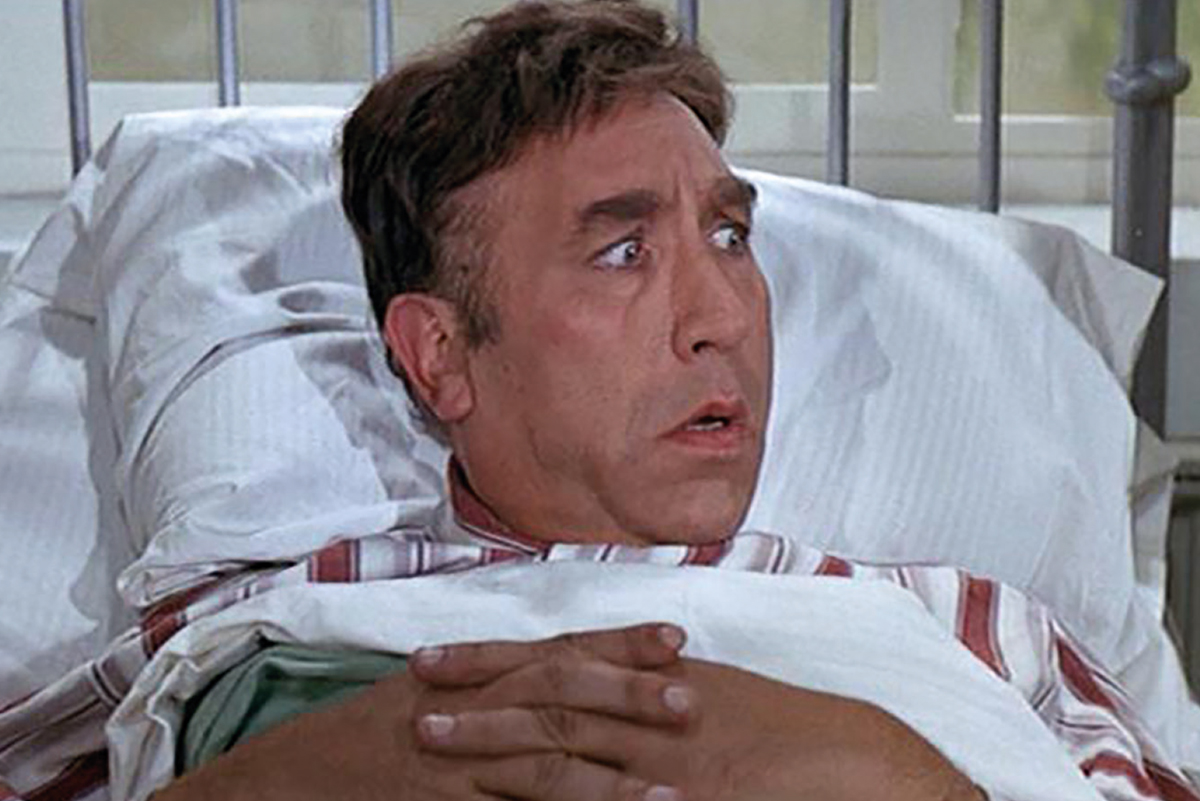
Wealth Management Consultant James Hounsell of Mattioli Woods explains why the best time to review pensions is when you are in good health
Many people in their 50s or 60s will delay a formal review of their private pensions until the time at which they intend to draw from them. The investments held in the pension may seem appropriate, and performance is either acceptable or possibly too difficult to appraise. So why the need to change anything? Putting off what does not appear to be urgent can be a familiar trait.
One very good reason exists – and that is because good health cannot be guaranteed. This can become a factor in a number of situations.
The pension freedoms introduced in 2015 offer flexibility of benefits at retirement which were previously unavailable. Phasing of tax free cash and taxable lumps sums, and income options which can be varied at a whim are now extremely attractive. The problem is that whilst newer pension contracts have been designed around the latest legislation, many of the older contracts were not, and have not, been updated to include the 2015 pension freedoms.
These older pension contracts may insist on the purchase of an annuity at age 75. Some, like pre-1990s retirement annuities may insist upon an annuity at date of drawing benefits.
If, for any reason, health suddenly becomes a factor, even an impaired life or guaranteed annuity is unlikely to offer a suitable outcome as there is no flexibility to choose and vary the level of pension drawn, and the initial capital is lost.
Some of the older retirement annuities still operate archaic death benefits, meaning instead of paying out the full value of the pension policy on death, the benefit is a return of premiums with minimal interest (Return With Interest) or the even more draconian simple return of premiums (Return No Interest). Although these products are now almost extinct, those still remaining could have an effective loss on death of tens or even hundreds of thousands of pounds.
Even Return of Fund policies, unless written in trust, will pour money into the deceased individual’s estate potentially increasing any liability to Inheritance Tax.
The logical route to avoid these issues is to transfer older pension plans to a modern pension contract, which accommodates the new pension retirement freedoms. More importantly the new flexible death benefits will be available. The pension fund can deliver tax-efficient sums and planned retirement income. Carefully written pension fund nominations can be put in place to ensure the death benefits can be managed to conserve wealth through many generations.
The problem when an unforeseen health issue occurs is that a transfer between pension vehicles when the individual is knowingly in poor health can be regarded as a chargeable transfer against the estate, even if pension funds were not, or during transfer never fell within the estate.
In the recent well publicised case of HMRC vs Parry, the Revenue’s insistence of pursuing the letter of the law shows that this matter, however fair or unfair it may seem in concept, is ripe for taxation.
For this reason, a review at an early age and the placing of retirement funds into a suitable modern vehicle capable of accommodating the most flexible of retirement planning now, whilst the individual is in good health must be a prudent consideration.
At Mattioli Woods we work with our clients to ensure they understand the features of their private pensions and how they fit into their wider financial position. This includes regular review meetings with a Wealth Management Consultant which ensure that both their investments and the plans we have made with them remain appropriate to meet their objectives.





